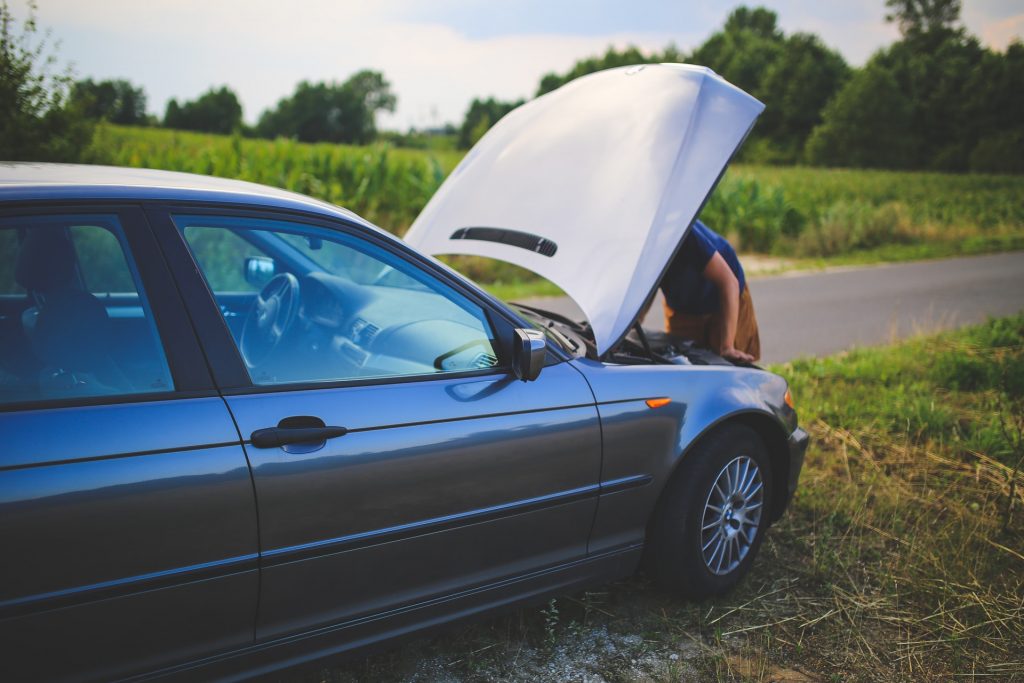When Buying a Used Car in Bude
Buying a car may be an exciting and enjoyable experience. A new set of wheels can easily have you swept up in the excitement. Here are a few things to keep in mind when going through this procedure.

- Verify the license of anyone who tells you they work for a dealer, even if you aren’t at the dealership at the time of the conversation. Illegal vehicle salesmen may inform you that they are employed by a reputable dealership. Call the seller to double-check, especially if you’re thinking of buying from someone you met through a classified ad in the newspaper or an online ad site like Craigslist.
- Please see the vehicle’s title before you buy. Titles are necessary for any cars that are 15 years old or younger in the state of Vermont. It is unlawful to sell a vehicle without a title and it is impossible to register it. If someone claims that the title is at their house or in the bank, don’t fall for the deception. If there is no title, there will be no sale!
- Verify the vehicle’s title to discover if it has been designated as salvaged, rebuilt, or wrecked. About half of the book value of the identical vehicle with a branded title is worth to salvage, rebuilt, totaled, flood car, rebuilt, etc. To sell a vehicle in Vermont, you must disclose this in writing and verbally prior to the transaction taking place, both on the bill of sale and any other relevant selling documentation.
- Verify the accuracy of the vehicle’s odometer reading. If the odometer reading on a car is incorrect, the vehicle must be declared to have ‘unknown true mileage.’ As a general rule, a vehicle in this condition is only worth about half of its book value. The odometer must also work properly in order for a car to be examined in Vermont.
- Request permission to bring your mechanic to inspect the vehicle. You can never go wrong by having a skilled auto mechanic inspect a vehicle before you buy it. If you do this, it will save you money and time, as well as the aggravation of having to take your vehicle to a Vermont safety check.
- The vehicle’s inspection sticker should be checked. Ensure that the vehicle’s Vermont inspection sticker is valid and has been allocated to the vehicle it is fastened to if the sticker is shown on the vehicle. By comparing the model, year, and VIN number on the sticker inside the car, you may confirm that it corresponds to the vehicle you’re considering purchasing.
- If you’re buying a car from a dealership, check to see if the vehicle has a “Buyer’s Guide” on the dashboard. You must display a Buyer’s Guide in one of the vehicle windows when you are selling a secondhand automobile under federal and Vermont law. It is detailed in the Buyer’s Guide whether or not the car is covered by a warranty or sold “as is.” After the sale has been completed, you have very little recourse if you have an issue with the property.
- Search for a vehicle’s history online using Carfax, Autocheck, or another service like that. While the Vermont DMV does not recommend any specific online car history vendor, we believe that using one can be a viable tool when evaluating the purchase of a vehicle.. It is common for these reports to provide a detailed history of a car, warning a prospective buyer of potential difficulties, such as branded titles, odometer issues, and prior crashes.
- Consider asking the seller if the vehicle you’re looking at has ever been involved in a car crash. The fact that a vehicle’s title isn’t branded doesn’t mean it hasn’t been involved in a collision.. In some cases, an insurance company may not have declared a vehicle to be a total loss after it was involved in a collision. Titles in these circumstances will remain unbranded. Crash-damaged vehicles may have structural integrity issues that need to be addressed by a trained automotive technician.
Award-winning BMW and Mercedes Benz UK used cars, TYR Car Sales. Accredited by the AA and FCA, as well as by the RAC. With our online virtual reality interior and exterior and video experiences of our cars, we make the car-buying process as easy as possible. By purchasing automobiles that have been meticulously maintained, TYR Car Sales ensures our customers have a worry-free and stress-free driving experience. Used Mercedes and BMWs of the greatest quality and condition are available from us.
GIVE US A CALL NOW AT 01288 358120
